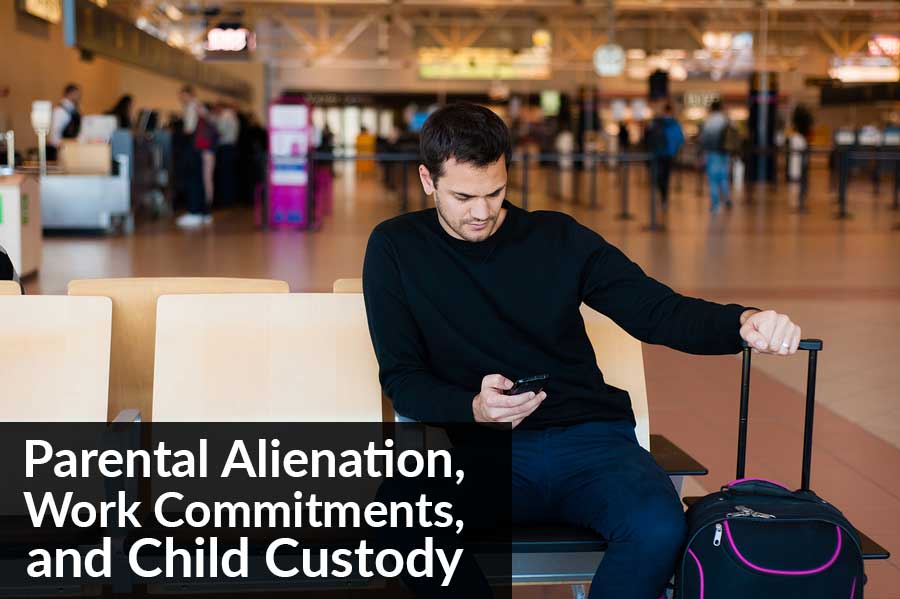Child Custody 730 Evaluation
A Child Custody 730 Evaluation Has Been Ordered by the Court. What Does This Mean?
A child custody 730 evaluation is another term for a private child custody evaluation. “730” is used in reference to “Evidence Code 730” which is a family law statute that gives the court authority to introduce an evaluator as an expert in a child custody case.
When a contested California child custody or visitation case comes before the court, the court has the ability to bring on a forensic child custody evaluator to perform a psychological evaluation of the parents and children. The goal is to assist the court with determining what is in the children’s best interest. The appointed evaluators do not write the actual custody or visitation orders. Their job is to perform the evaluation and make recommendations, and from there the court has the choice to adopt all, some, or completely reject what was offered. In court, these individuals are forensic psychologists by profession, who are on a court approved list. The list is normally available to family law attorneys, so it’s something you can examine with them.
The Evaluation Process
Evaluations involve psychological testing of the parents and children and typically follow a format of extended question and answer sessions as well as investigation of any apparent outstanding issues. The length of the evaluation process can be as long as three to six months dependent upon the extent of the issues involved.
Challenges
An experienced family law attorney is a valuable asset to have if you’re faced with a child custody 730 evaluation in your case. The first step involves choosing an evaluator. This isn’t always an easy step, and largely depends upon the specifics in your case. Within the family law court system, evaluators will carry reputations. Some are known as being very objective in their work, while others may be considered biased; again this is also dependent on the facts or the issues that are present in a particular case. Regardless of the validity of reputation, many attorneys do not feel comfortable with certain evaluators based on the attorney’s personal experience or word of mouth from an associate or another attorney.
Another obstacle your attorney will face is whether or not they will agree to have the evaluator’s report submitted as case evidence before having a chance to review. If the attorney does not agree to have the evaluation submitted in advance, the report won’t be recognized in court without testimony from the evaluator. That means the evaluator has to be subpoenaed, which can be costly. If there is an agreement to let the report into evidence prior to attorney review, it means the family law judge can examine without the evaluator being questioned. However, this can lead to problems if the evaluation report is not in your favor.
The last challenge that must be dealt with is the depth of the evaluation. Family law judges occasionally submit minimal issues to be evaluated. In a child custody case, an example would be a judge ordering an evaluation solely for psychological abuse even if other issues are present. Whether a judge chooses a full or partial evaluation can be heavily influenced by the support of the attorneys. If parents do not agree on multiple custody issues, a full evaluation is recommended. If only a few outstanding issues are serious and the reasons behind the conflict between the parents, experienced attorneys will request a limited evaluation to save time and money while allowing the evaluator to place their efforts in the critical areas.
Summary
No two child custody cases are alike. With the assistance of an experienced family law attorney, you should be able to achieve a favorable outcome while preserving what matters – the best interests of the child or children involved. If you find yourself experiencing child custody issues, an ordered 730 evaluation, or just have questions on child custody, don’t hesitate to reach out to our office for answers and support.





